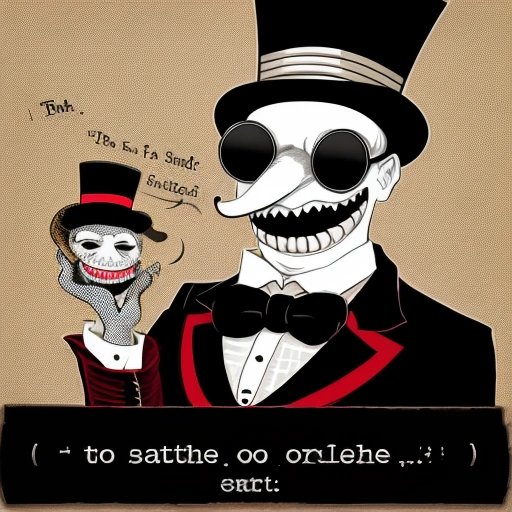As we delve into the world of programming languages, there are a few that stand out from the crowd. One such language is Python. Known for its simplicity and readability, Python has become a favorite among developers worldwide. But what many people don't realize is that behind its friendly exterior lies a language full of sneaky surprises and head-scratching moments. In this article, we will explore the unexpected wonders and puzzling moments of Python programming.
As any Python programmer will tell you, one of the first things you'll encounter is the infamous "SyntaxError: invalid syntax." It's like a rite of passage for every Python beginner. Just when you think your code is flawless, Python throws a curveball at you with its strict indentation rules. Forget to indent that line of code? Boom! Syntax error. And don't even get me started on mixing tabs and spaces – it's a recipe for disaster.
But let's not dwell on the headaches of code formatting. Python has a way of making up for it with its quirky and unpredictable behavior. Take, for example, the "Zen of Python" – a collection of guiding principles for writing Python code. It's a philosophical manifesto that programmers turn to when they need a dose of wisdom. With aphorisms like "Beautiful is better than ugly" and "Readability counts," it's hard not to feel enlightened while working with Python.
Now, let's talk about one of Python's most beloved features – the "Easter eggs." These hidden surprises are sprinkled throughout the language, waiting to be discovered. Want to know what happens when you import the "this" module? Go ahead, try it. Spoiler alert: you'll be greeted with an enigmatic poem that encapsulates the essence of Python.
But wait, there's more! Python has a knack for finding humor in the most unexpected places. Did you know that you can define functions using Monty Python references? From the classic "spam" and "eggs" to the more obscure "Ni!" and "shrubbery," Python allows you to bring a touch of absurdity to your code.
And let's not forget about the infamous "Pythonic" way of doing things. It's a term that Python enthusiasts love to throw around, referring to code that embraces Python's unique style and idioms. But what does it really mean? It's like trying to catch a snitch in a game of Quidditch – elusive and ever-changing. Just when you think you've mastered the art of Pythonic code, someone comes along with a one-liner that makes your head spin.
So, as you venture into the world of Python programming, be prepared for the unexpected. From puzzling syntax errors to whimsical Easter eggs, Python is full of surprises that will keep you on your toes. Embrace the quirks, cherish the "Easter eggs," and enjoy the journey of unraveling the mysteries of Python. And remember, when in doubt, consult the Zen of Python – it might just lead you to enlightenment (or at least a working piece of code).




